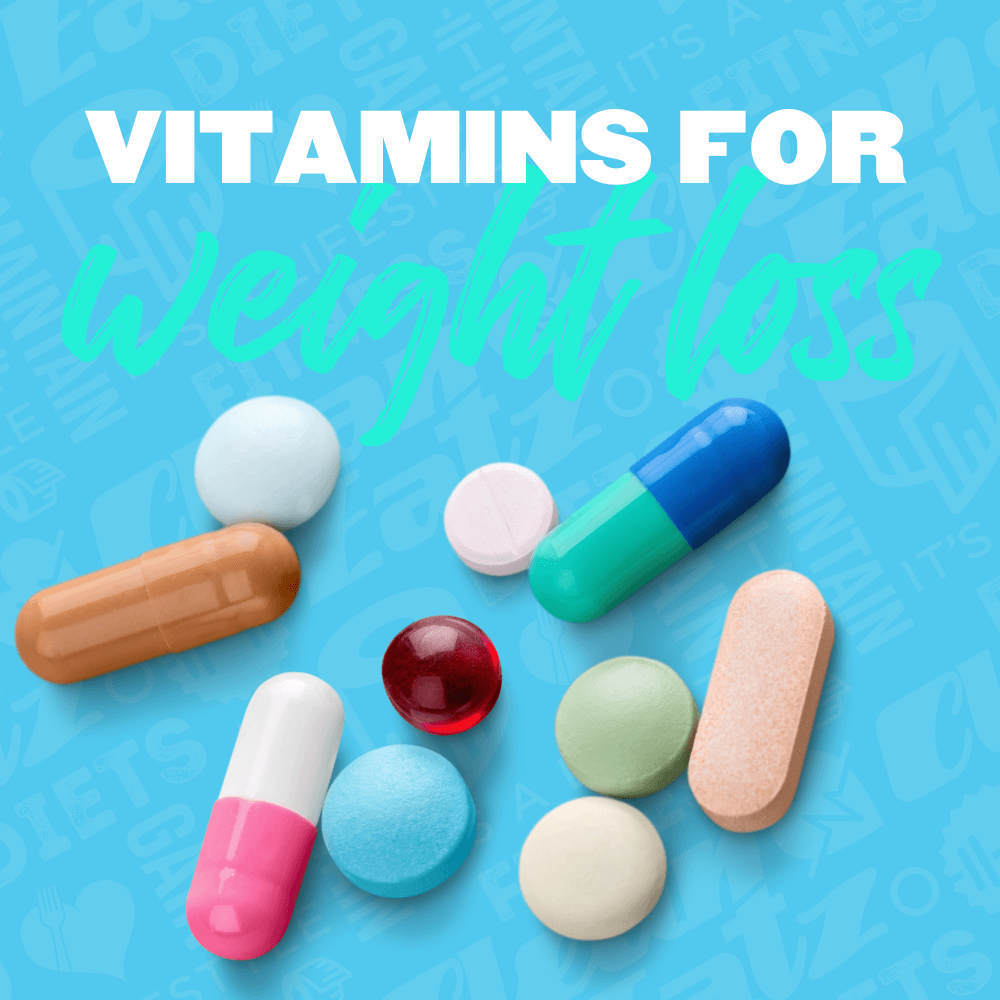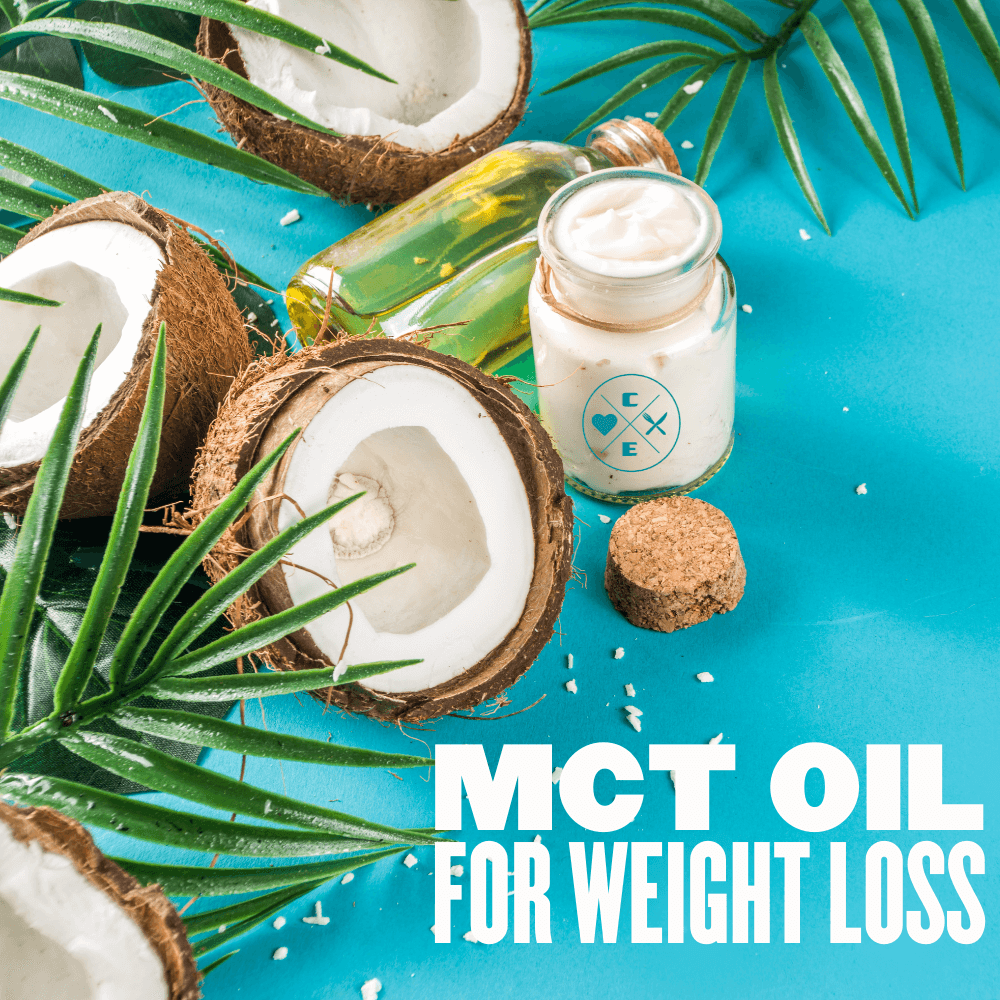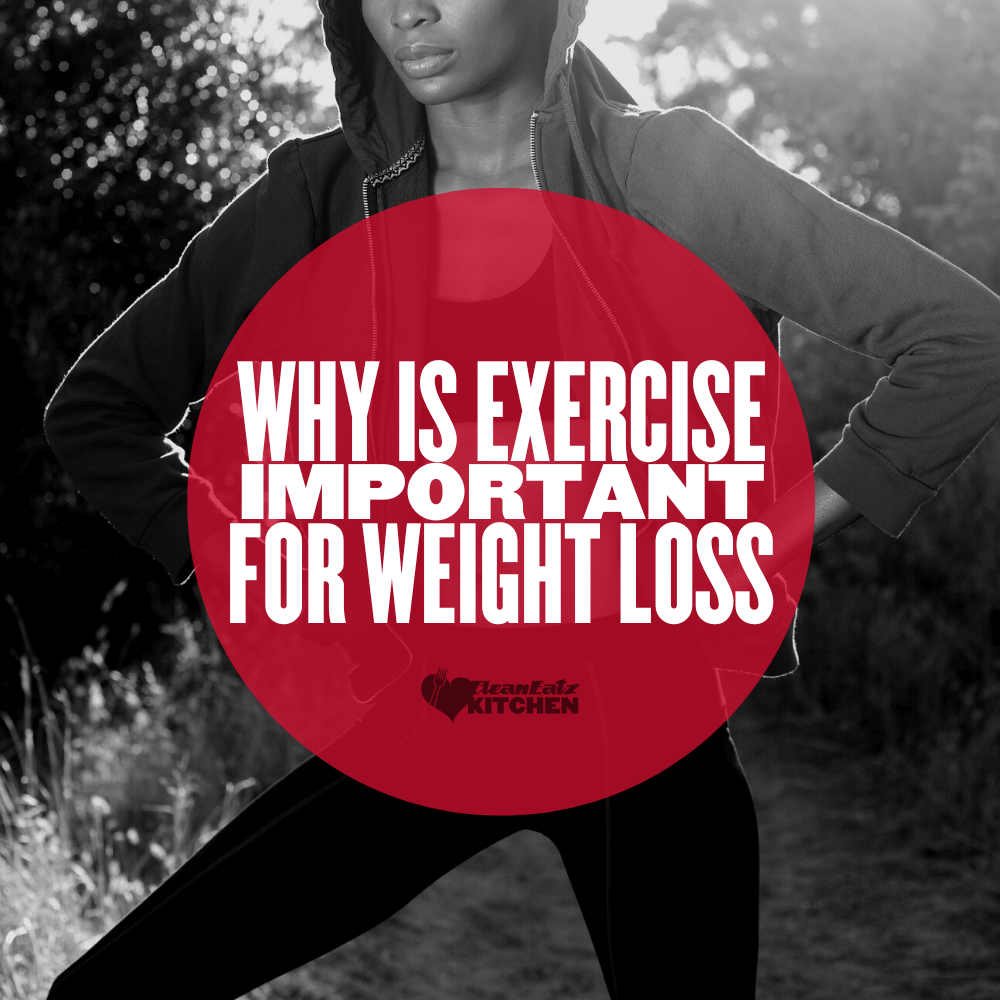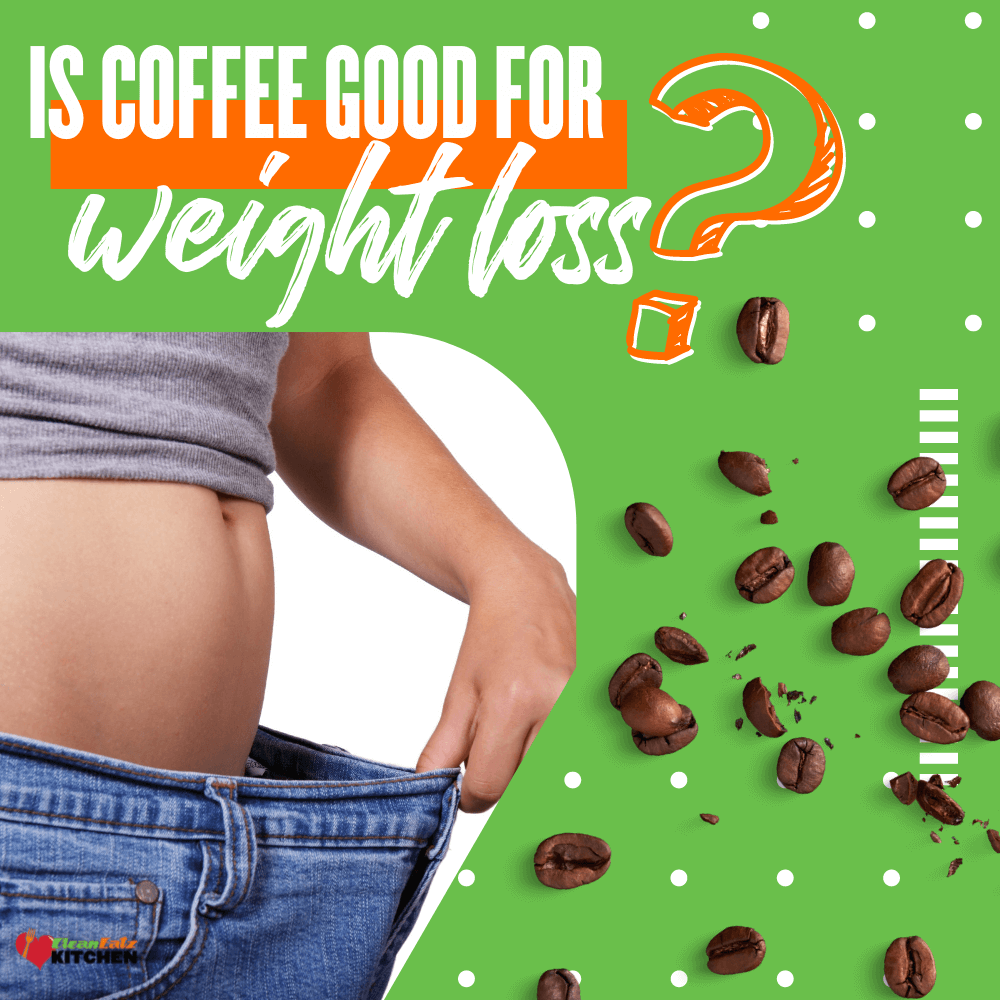
Which Are The Most Effective Vitamins for Weight Loss?
Nutrition
|
Weight Loss
9 minute read
If you're struggling to lose weight despite exercising and reducing your calorie intake, insufficient vitamin intake may be the issue. The question arises: "What Vitamins Help With Weight Loss? " When aiming for a calorie deficit, it's crucial to also meet your body's vitamin requirements. To support your weight loss journey, it's important to ensure an adequate supply of vitamins.
The article covers valuable insights for maintaining a healthy body while trying to lose weight. In this article, you will learn about the following:
-
Are vitamins good for weight loss?
-
What vitamins help with weight loss?
-
How to ensure you are getting enough vitamins?
Are Vitamins Good For Weight Loss?
Are vitamins effective for weight loss? Extensive research supports the notion that incorporating vitamins for weight loss purposes can yield positive results. Regular consumption of vitamins for weight loss has been associated with notable benefits. Studies have shown that individuals who regularly take vitamins experienced a reduction in body weight, body mass index (BMI), and fat mass compared to those who do not. Furthermore, the inclusion of vitamins for weight loss has demonstrated potential in suppressing appetite and aiding in controlling food intake. These findings strongly suggest that vitamins play a crucial role in supporting weight loss efforts, making them an essential component of a comprehensive weight management strategy.
While vitamins alone may not be a magic solution for weight loss, incorporating them into a well-rounded weight loss meal plan delivery service along with a balanced diet, regular exercise, and a healthy lifestyle can help maximize the chances of achieving your weight loss goals.
What Vitamins Help With Weight Loss?
Vitamin B Complex
The vitamin B complex simply refers to your B vitamins. These are vitamins essential for energy metabolism and the production and maintenance of brain cells, blood cells, skin cells, and other body tissues.
Generally, the B vitamins keep your metabolism in good function. They help metabolize carbohydrates, fats, and proteins and utilize the body's stored energy. Thus, it helps increase your energy levels for workouts.
Let's see which vitamins to help lose weight.
Vitamin B5 (Pantothenic acid)
As one of the B vitamins that helps turn food into energy, vitamin B5 is known for producing enzymes (coenzyme A) that help build and break down fatty acids.
Moreover, it has been discovered that vitamins for weight loss can include vitamin B5. This specific vitamin has been found to play a beneficial role in supporting weight management efforts. Vitamin B5 is known to activate lipoprotein lipase, an enzyme that aids in the breakdown of fats, as well as certain other enzymes that target fat cells.
How much vitamin B5 do you need?
The recommended daily intake of vitamin B5, also known as pantothenic acid, is a vitamin that burns fat and varies depending on several factors. For most adults, the recommended daily intake is around 5 milligrams. However, specific needs may vary based on age, sex, pregnancy, and lactation. It's important to consult with a healthcare professional to determine the appropriate dosage of vitamin B5 for your individual needs. Adequate intake of vitamin B5 can help support various bodily functions, including metabolism and energy production.
Food sources of vitamin B5
-
Beef
-
Poultry
-
Seafood
-
Organ meats
-
Eggs
-
Milk
-
Vegetables such as mushrooms
-
Avocados
-
Potatoes
-
Broccoli
-
Whole grains, i.e., whole wheat, brown rice, and oats
-
Peanuts
-
Sunflower seeds
-
Chickpeas
Vitamin B6 (Pyridoxine)
Vitamin B6 is needed for 100 enzyme reactions involved in metabolism. This includes the breakdown of carbs, protein, and fats, maintenance of homocysteine levels to prevent heart problems, and the support of immune and brain health.
How can vitamin B6 help with weight loss? They produce a stimulating effect on the thyroid to promote hormone balance. It's important to recognize that insufficient production of thyroid hormones, known as hypothyroidism, can result in a slowed metabolism, which can hinder weight loss efforts. This highlights the significance of vitamins for weight loss, as they can play a role in supporting thyroid function and optimizing metabolic rate.
How much vitamin B6 do You Need?
The recommended daily intake of vitamin B6 varies depending on various factors. For adults, 19–50 years is 1.3mg per day, 1.7mg for men about 51 years old, and 1.5mg for women above 52 years old. However, specific needs may differ based on age, gender, pregnancy, and lactation. It is crucial to consult with a healthcare professional to determine the appropriate dosage of vitamin B6 for your individual needs.
Food sources of vitamin B6
-
Poultry
-
Fish
-
Organ meats
-
Potatoes and other starchy vegetables
-
Fruit (other than citrus)
Vitamin B12 (Cobalamin)
Vitamin B12 is responsible for the formation of DNA and red blood cells. It is also crucial for energy metabolism, brain function, and heart health.
Can vitamin b12 cause weight loss? According to research, people with higher blood levels of vitamin B12 have a lower risk of obesity.
Another study supports that people with low vitamin B12 levels have a higher risk of becoming overweight or obese.
How Much Vitamin B12 Do You Need?
The recommended daily intake of vitamin B12 varies based on factors such as age and gender, but it is generally around 2.4 micrograms for adults. Vitamin B12 is vital for a healthy metabolism and aids in the breakdown of fats and proteins, making it an excellent choice of vitamins to take when losing weight.
Food sources of vitamin B12
-
Fish
-
Meat
-
Poultry
-
Eggs
-
Milk and other dairy products contain vitamin B12.
-
Clams
-
Beef liver
Vitamin C (Ascorbic Acid)
Vitamin C is essential for your immune function, wound healing, collagen production, and connective tissue repair.
How can vitamin C cause weight loss? A study revealed a link between one's vitamin C status and body mass. It was observed that people with normal levels of vitamin C status can oxidize up to 30% more fat while doing moderate exercise. On the other hand, those with low vitamin C status may have a hard time losing fat mass.
How Much Vitamin C Do You Need?
When it comes to weight loss, one of the best vitamins for weight loss is vitamin C. Vitamin C is renowned for its numerous health benefits, including its potential impact on weight management. The recommended daily vitamin C intake is 90mg for adult men and 75mg for adult women.
However, certain individuals, such as smokers or those under high levels of physical or emotional stress, may require higher doses.
Food sources of vitamin C
-
Citrus fruits, i.e., as oranges and grapefruit
-
Red and green pepper
-
Kiwifruit
-
Other fruits and vegetables, i.e., broccoli, strawberries, cantaloupe, potatoes, and tomatoes
-
Vitamin C-fortified foods
Vitamin D (Cholecalciferol/Ergocalciferol)
Known as the "sunshine vitamin," your body synthesizes vitamin D when your skin absorbs sunlight. Also, you can get this vitamin from certain foods as well.
Vitamin D creates healthy skin cells, and they help regulate calcium and phosphorus absorption for your bones.
How can vitamin d cause weight loss? Research discovered that vitamin D has the potential to reduce the formation of new fat cells in your body.
Another study supports that vitamin D can also reduce fat accumulation by suppressing the storage of fat cells.
How Much Vitamin D Do You Need?
The recommended daily intake of vitamin D varies depending on various factors, including age, gender, and individual health needs. Daily vitamin D intake is 15mcg (600 IU) for adults 19–70 years and 20mcg (800 IU) for adults 71 years and older. Consulting with a healthcare professional can help determine the appropriate dosage of vitamin D based on your individual needs.
Food sources of vitamin D
-
Fatty fish. i.e., trout, salmon, tuna, and mackerel
-
Fish liver oils
-
Beef liver
-
Mushrooms
-
Vitamin D-fortified milk, i.e., soy milk, almond milk, and oat milk
-
Vitamin D-fortified breakfast cereals
-
Vitamin D-fortified orange juice
-
Vitamin D-fortified yogurt
-
Vitamin D-fortified margarine.
How To Ensure You Are Getting Enough Vitamins?
Note that a well-balanced diet is key to weight loss goals and fulfilling most of your nutrient needs. Hence, if you find yourself with limited food options in your diet, taking vitamin supplements will give you the extra boost your body needs in order to stay on track with your weight loss regimen.
Remember: Losing weight is not about overdosing with these vitamins. It is important to note that the more calories you consume than you burn, the more likely you will gain weight.
Final Thoughts
In conclusion, understanding the role of vitamins in weight loss can be instrumental in achieving your weight management goals. Incorporating the best vitamins for weight loss into your diet can offer notable benefits, such as supporting metabolism, suppressing appetite, and aiding in the breakdown of fats. However, it is crucial to consult with a healthcare professional to determine the appropriate dosage of these vitamins based on your individual needs.
Remember, vitamins should be complemented with a balanced diet, regular exercise, and a healthy lifestyle for optimal weight loss results. By prioritizing proper vitamin intake and seeking professional guidance, you can enhance your weight loss journey and promote overall well-being.
FAQ
What is the Best Diet for Weight Loss After 50?
The best diet for weight loss after 50 is one that focuses on whole, nutrient-dense foods. A balanced diet rich in fruits, vegetables, lean proteins, whole grains, and healthy fats is recommended. Incorporating regular exercise, staying hydrated, and controlling portion sizes are also essential for successful weight loss after 50.
How Much Vitamin C Per Day to Lose Weight?
The recommended daily intake of vitamin C for adults is around 90mg for men and 75mg for women. However, when aiming for weight loss, it is advisable to consume a variety of fruits and vegetables rich in vitamin C to support overall health and weight management. It's best to consult with a healthcare professional to determine the appropriate dosage for your individual needs.
What Vitamins Should I Take for Energy and Weight Loss?
For energy and weight loss, consider taking B vitamins, such as B12 and B6, which support energy metabolism and help convert food into usable energy. Additionally, vitamin C aids in energy production and can be beneficial for weight loss efforts.
What Vitamins Are Good for Losing Belly Fat?
When targeting belly fat, vitamins such as vitamin D, vitamin C, and the B complex vitamins can be beneficial. Vitamin D helps reduce fat accumulation, while vitamin C supports the oxidation of fat during exercise. B complex vitamins help boost metabolism and energy levels, aiding in weight loss and potentially reducing belly fat.
Related Articles
How to Use MCT Oil for Weight Loss
7 minute read
Is Coffee Good For Weight Loss?
8 minute read



